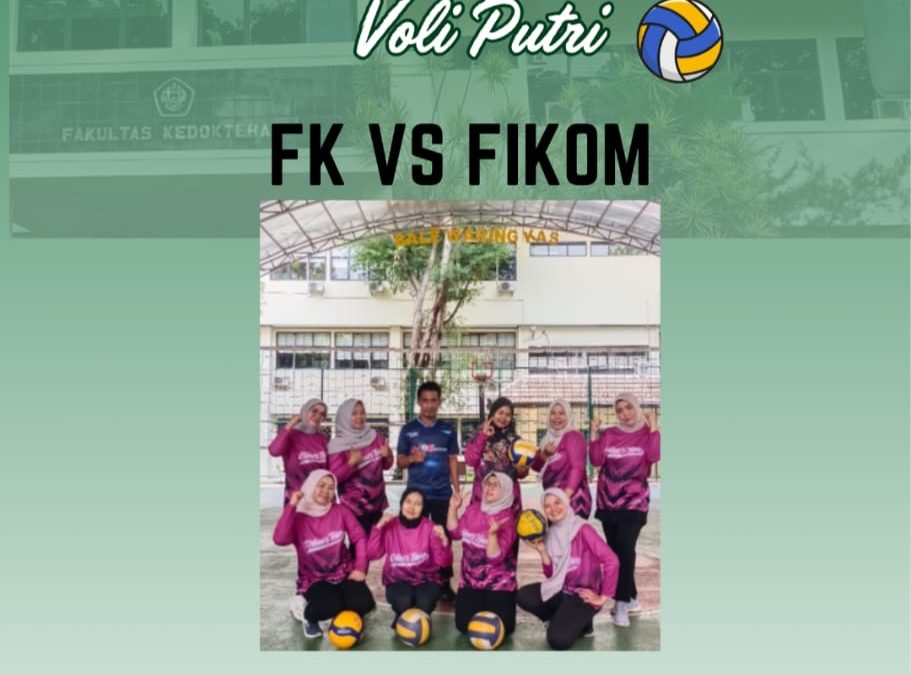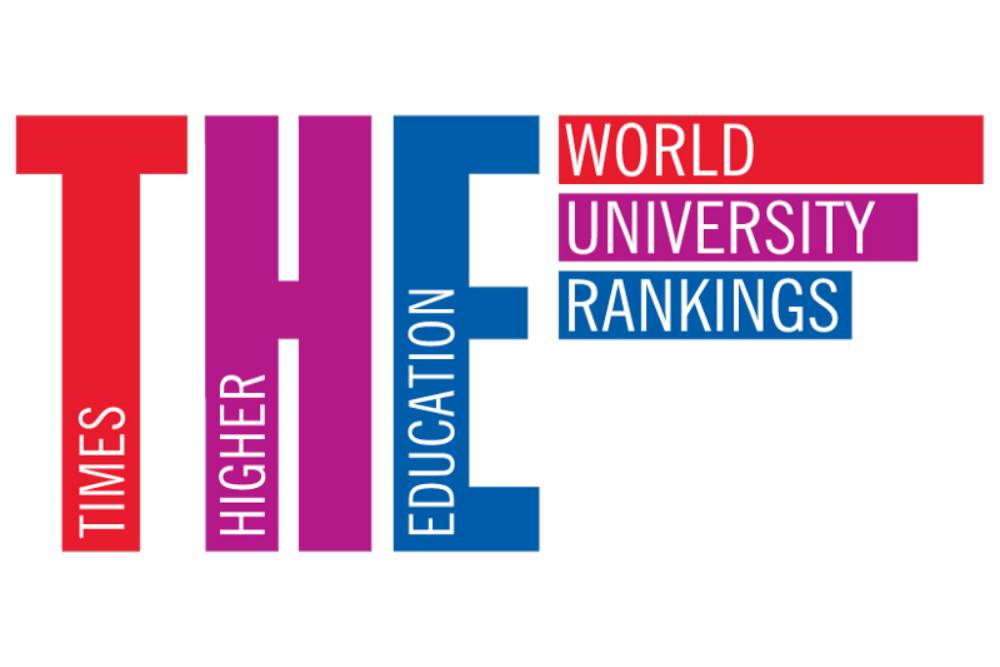
Final Voli Putra FK Unpad vs Faperta Meriahkan Dies Natalis Unpad ke-68
🧾 Deskripsi Kegiatan
Dalam rangka perayaan Dies Natalis Universitas Padjadjaran ke-68, Fakultas Kedokteran (FK) Unpad kembali menunjukkan semangat juang luar biasa dengan menembus babak final cabang olahraga Voli Putra.
Pertandingan final ini mempertemukan tim Voli Putra Fakultas Kedokteran melawan Fakultas Pertanian (Faperta). Kegiatan berlangsung di GOR Bale Santika, Unpad Jatinangor, pada Kamis, 16 Oktober 2025, pukul 14.30 WIB hingga selesai.
Dengan mengusung semangat “Fokus, Disiplin, Kerja Keras — FK Juara!”, para pemain tampil dengan kekompakan dan energi positif yang luar biasa. Dukungan meriah dari sivitas akademika FK turut membangkitkan semangat tim di lapangan.
Suasana pertandingan berlangsung seru dan penuh sportivitas. Kedua tim menampilkan permainan terbaiknya, menjadikan final ini sebagai puncak perayaan olahraga yang memeriahkan momentum Dies Natalis Unpad ke-68
📅 Waktu dan Tempat
-
Hari/Tanggal: Kamis, 16 Oktober 2025
-
Waktu: Pukul 14.30 – selesai
-
Tempat: GOR Bale Santika, Kampus Unpad Jatinangor
🎯 Tujuan Kegiatan
-
Menumbuhkan semangat sportivitas dan kebersamaan antar fakultas di lingkungan Unpad.
-
Memeriahkan perayaan Dies Natalis Unpad ke-68 melalui kegiatan positif dan kompetitif.
-
Meningkatkan partisipasi aktif sivitas akademika Fakultas Kedokteran dalam kegiatan universitas.
-
Menumbuhkan rasa bangga dan solidaritas terhadap almamater melalui prestasi di bidang olahraga.
✅ Kesimpulan
Kegiatan Final Voli Putra FK vs Faperta berjalan dengan lancar, penuh semangat, dan menjunjung tinggi nilai sportivitas. Fakultas Kedokteran berhasil menunjukkan dedikasi serta semangat kompetitif yang menjadi cerminan karakter unggul civitas akademika FK Unpad dalam menyemarakkan Dies Natalis Unpad ke-68.





